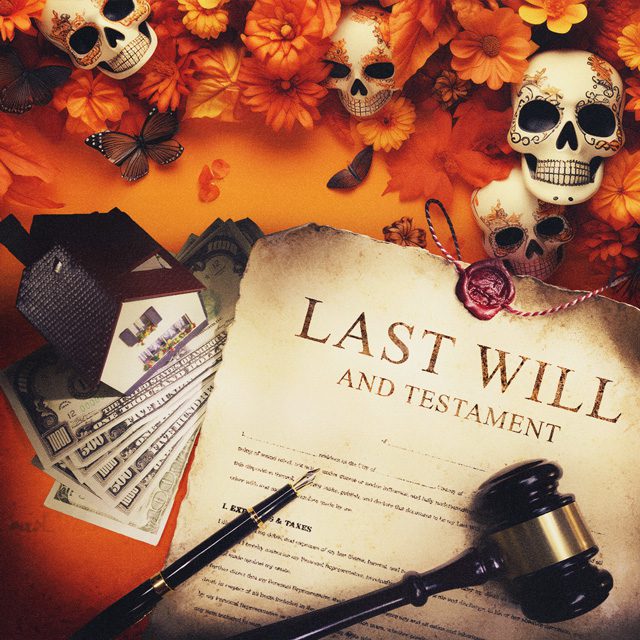3 Estate Planning Strategies for Advisors, Clients and Heirs

One way is through estate taxes. Right now, the estate tax threshold is the highest it has ever been at $12.92 million per person (doubled for married couples), so the pool of clients who face a federal estate tax issue is smaller than ever. The estate tax exemption, however, is expected to be cut in half due to the sunset of the increased estate tax exemption provision of the Tax Cuts and Jobs Act in 2026.
In addition, many states have a state estate tax, which applies to their residents as well as nonresidents who die owning property in the state. State estate tax thresholds are typically much lower than the federal exemption.
There are various methods to reduce or eliminate an estate tax liability, but all these planning strategies need to be employed during a person’s lifetime. For example, engaging in gifting strategies that leverage the gift tax annual exclusion (currently $17,000 per person) can reduce a person’s taxable estate at death.
For married couples, ensuring that the clients have an available credit shelter trust to be funded at the death of the first spouse can aid in “capturing” the decedent’s estate tax exemption and permit the assets to grow outside the estate of the surviving spouse.
This type of planning doesn’t need to be rigid and complex; there are flexible ways to give clients the option to employ strategies to mitigate taxes at the time of death depending on the estate tax laws at that time, such as using a disclaimer trust. What’s critical is that clients have the proper documentation in place prior to death to accomplish this type of approach. Directing a client to visit a local estate planning attorney can help them pass the maximum amount of wealth to the next generation.
Encourage Organized, Accessible Information
It can be incredibly frustrating trying to figure out what someone owns after they die if they weren’t organized. Then, once all the assets are identified, the issue becomes how to access them. Privacy laws can block a loved one’s access to key information and, in an increasingly digital world, people usually have a litany of online accounts they access daily.
Ensure that clients have provided their heirs with a comprehensive list of all assets and how to access them. This will make next steps much easier for your client’s heirs and help them move past the financial aspects of death to focus instead on honoring their life.
By supporting your clients in crafting a good estate plan, you not only give them peace of mind that their affairs are taken care of, you also enable their heirs to focus on what’s most important — celebrating the legacy of their loved one.
David Haughton is team lead and an advanced planning consultant at Commonwealth Financial Network, Member FINRA/SIPC, and provides estate, trust, charitable, education, business, and Social Security planning support to Commonwealth’s affiliated advisors.
Image: Chris Nicholls/ALM






